10 Natural Skincare Tips for Beginners (2025)
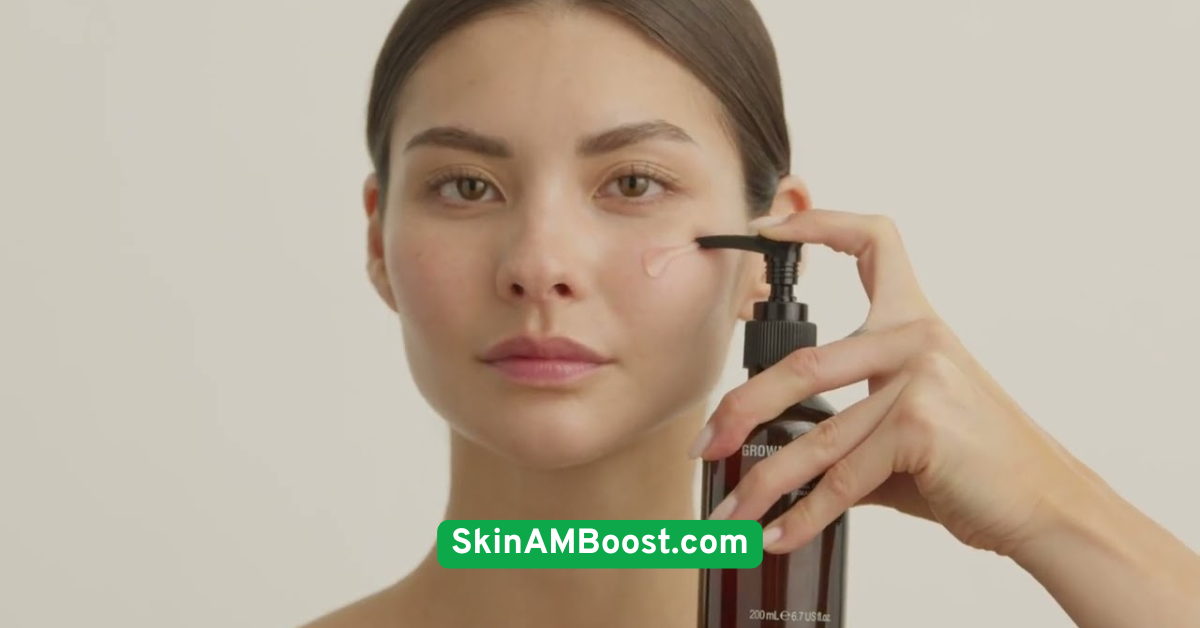
In fact, a growing number of people are ditching complicated regimens and turning to natural skincare — and it’s easy to see why. It’s gentle, often more affordable, and aligned with your body’s own rhythms. Studies show that 72% of consumers now prefer natural or organic skincare products, and for beginners, it’s a great place to begin.So if you’re ready to simplify your routine, nourish your skin naturally, and start glowing from the inside out — this is for you. Let’s dive into 10 beginner-friendly, natural skincare tips that will help you build a healthy, radiant complexion — no stress, no fluff, just what works.
1. Start with a Gentle Natural Cleanser
Cleansing is your skincare foundation — but harsh foaming cleansers can do more harm than good, especially for beginners. The goal isn’t to scrub your face squeaky clean. Instead, it’s about removing dirt, excess oil, and makeup without stripping your skin’s natural oils.Natural options like raw honey, aloe vera, or oat-based cleansers work beautifully. Honey, in particular, is antibacterial and soothing, making it perfect for acne-prone or sensitive skin. Oats calm inflammation, and aloe is a hydration hero.You don’t need to DIY if that’s not your thing — plenty of gentle, natural face washes are available on a budget. Just check the label: avoid sulfates, alcohol, and synthetic fragrances. Look for short ingredient lists and nourishing botanicals instead.

2. Hydrate with Aloe Vera Gel
If there’s one plant you want in your skincare routine, it’s aloe vera. This gel is packed with vitamins, enzymes, and amino acids that calm redness, soothe irritation, and deeply hydrate without clogging pores.For beginners, it’s incredibly versatile. Use it as a toner, light moisturizer, or even a post-sun treatment. It works especially well for sensitive or oily skin types that need hydration without heaviness.Always go for pure aloe vera gel — ideally with no added alcohols or dyes. Even better? If you have an aloe plant at home, slice a leaf and scoop out the fresh gel for a truly natural skincare boost.
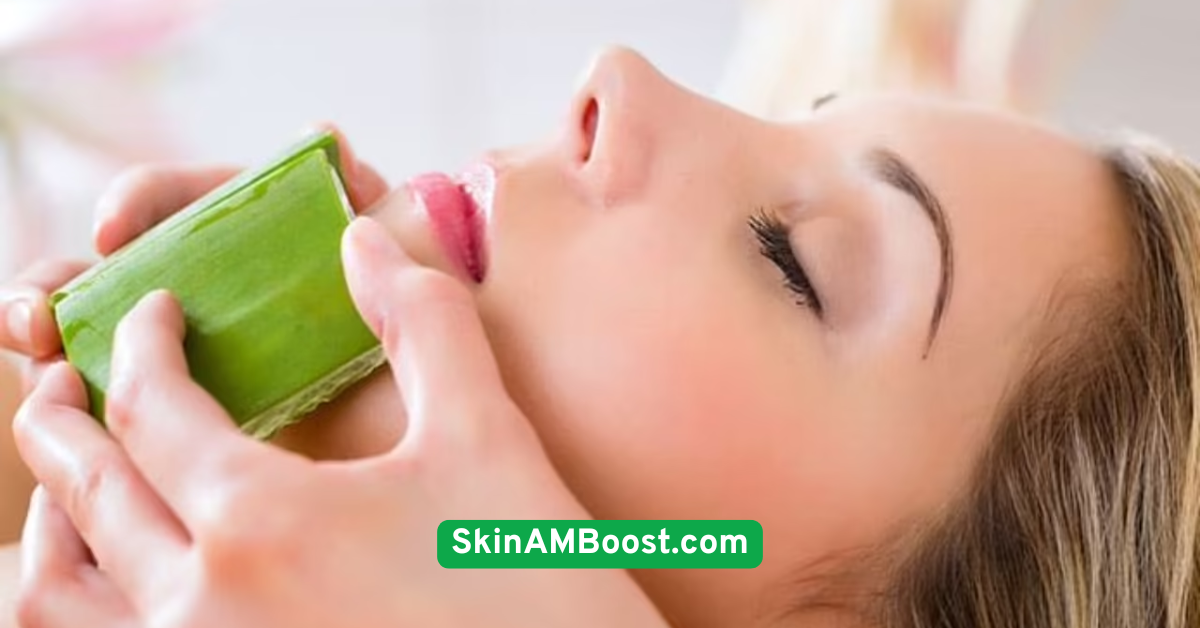
3. Use Coconut or Jojoba Oil for Moisturizing
Natural oils can be a game-changer — but only when used the right way. Two of the best beginner-friendly oils are jojoba oil and coconut oil. Jojoba closely mimics the skin’s natural sebum, making it ideal for oily and combination skin. Coconut oil is more occlusive, meaning it locks in moisture — great for dry skin types.Use a tiny amount (we’re talking 1–2 drops!) and warm it between your fingers before gently pressing it onto your skin. This seals in hydration and keeps your barrier healthy.Patch test first — coconut oil can be comedogenic (pore-clogging) for some people. If it doesn’t suit you, switch to lighter oils like grapeseed, rosehip, or argan.
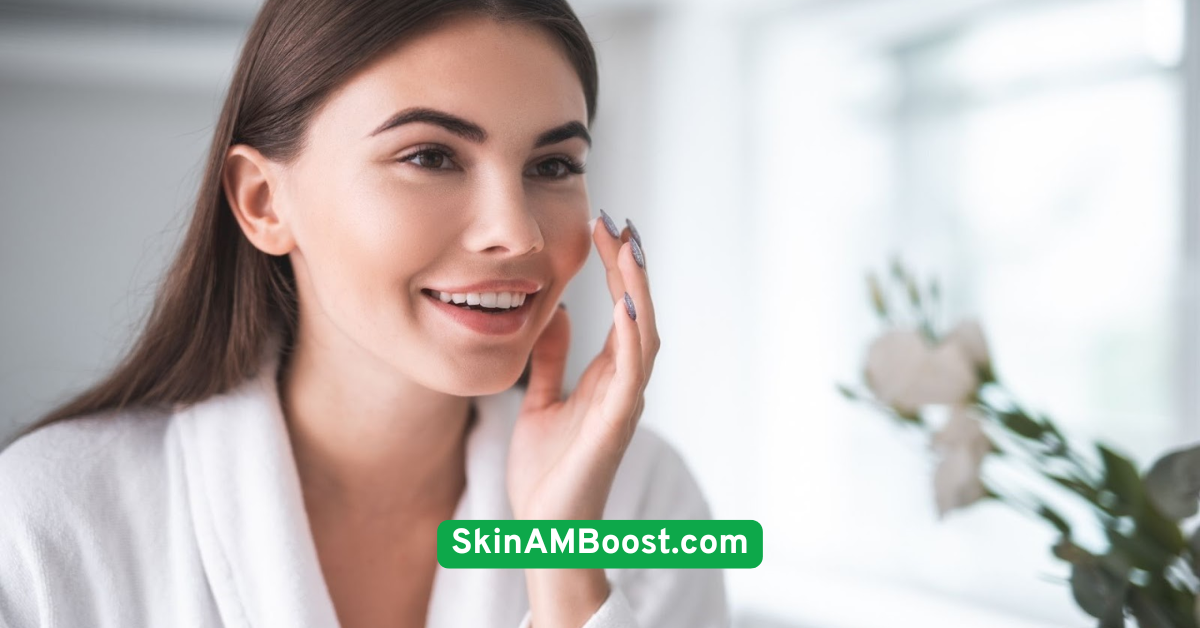
4. Exfoliate Gently with Natural Scrubs
You don’t need harsh scrubs to exfoliate. In fact, physical scrubs with rough edges — like crushed walnut shells — can cause micro-tears in your skin. That’s the opposite of glowing.Natural exfoliants like oatmeal, brown sugar, or finely ground rice flour are gentle and effective. Mix with honey or plain yogurt to create a soothing, nutrient-rich scrub. For oilier skin, try adding a bit of lemon juice (just don’t overdo it!).Only exfoliate 1–2 times per week, and always follow up with a moisturizer. Over-exfoliating can strip your skin and lead to irritation or breakouts — less is more here!
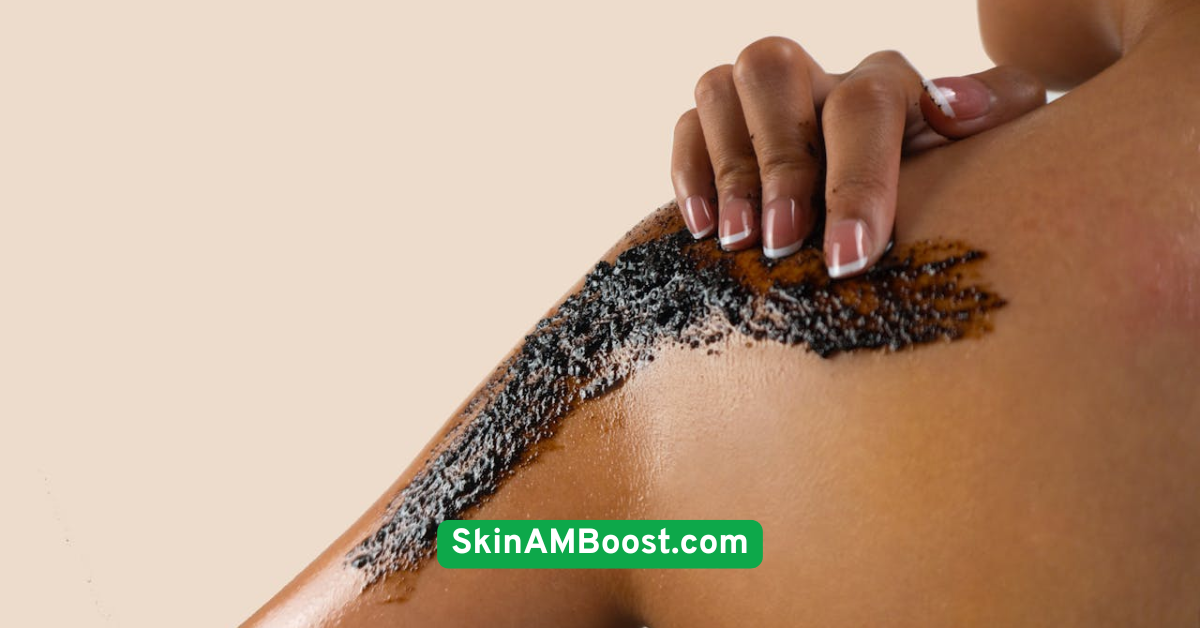
5. Drink More Water and Eat Skin-Loving Foods
Glowing skin starts on the inside. You could have the most luxurious skincare routine on the planet, but if you’re dehydrated or eating poorly, your skin will show it.Hydration is key. Aim for at least 8 glasses of water a day — and boost hydration with cucumbers, watermelon, and herbal teas like chamomile or green tea.Focus on foods rich in antioxidants, omega-3 fatty acids, and vitamins A, C, and E. Think avocados, berries, leafy greens, seeds, and fatty fish. These nourish your skin, reduce inflammation, and support your body’s natural glow.
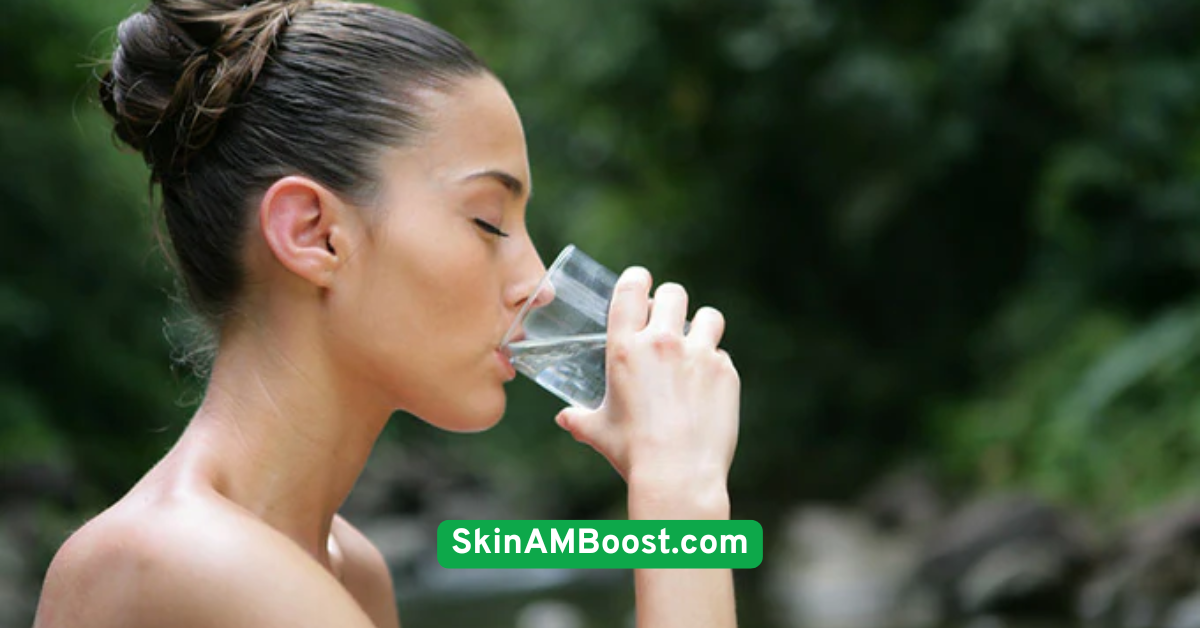
6. Try a DIY Face Mask Weekly
You don’t need fancy spa treatments — your kitchen has some of the best natural skincare ingredients out there. Once a week, treat your skin to a DIY face mask tailored to your skin type.
- For dry or dull skin: Avocado + honey adds deep moisture
- For acne-prone or oily skin: Clay + rose water draws out impurities
- For brightening: Yogurt + turmeric evens out tone and calms redness
Keep masks on for 10–15 minutes, rinse with lukewarm water, and follow with a gentle moisturizer. Your skin will feel refreshed, soft, and loved.

7. Always Patch Test New Ingredients
Natural doesn’t always mean irritation-free. Essential oils, fruit enzymes, and even some herbal extracts can trigger allergic reactions — especially if you’re new to skincare.To stay safe, always patch test new ingredients. Apply a small amount behind your ear or on your inner arm. Wait 24 hours. If there’s no reaction — great! If there’s redness, itching, or stinging, that product might not be for you.This one step can save you from full-face irritation. Be gentle with yourself and your skin — especially in the beginning.
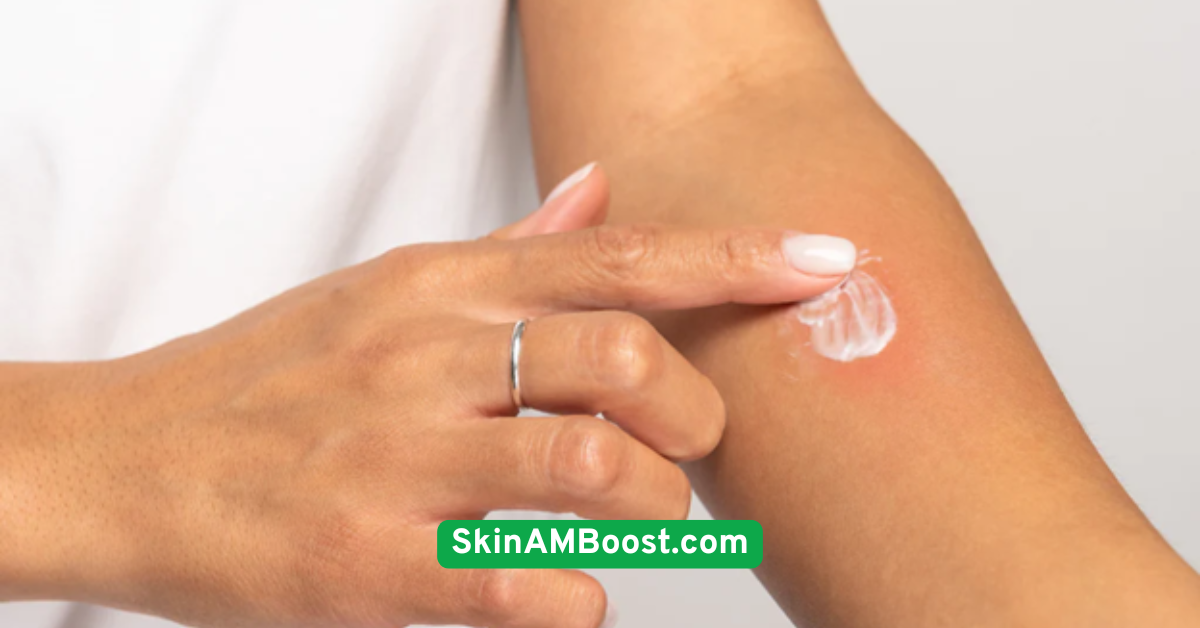
8. Switch to Natural Sunscreen
Sunscreen is non-negotiable — even if you’re indoors or it’s cloudy. UV rays cause premature aging, dark spots, and increase the risk of skin cancer. If you’re going natural, mineral sunscreens are your best bet.Look for zinc oxide or titanium dioxide as the active ingredients. They physically block UV rays, rather than absorbing them like chemical sunscreens. These are especially good for sensitive skin.Choose formulas that are fragrance-free, non-nano, and reef-safe if you’re swimming outdoors. And yes — wear SPF every single day!

9. Practice Skin-Minimalism
When you’re new to skincare, it’s easy to feel tempted by every trendy product you see online. But more products don’t always mean better results. In fact, too much too soon can overwhelm your skin and cause breakouts, dryness, or irritation.Start simple. Stick to 3–4 basics:
- A gentle cleanser
- A hydrating toner or aloe vera
- A natural moisturizer
- A mineral sunscreen
Once your skin adjusts, you can explore adding serums or treatments if needed. Minimal routines are not only effective — they’re budget-friendly, too!

10. Be Patient and Gentle with Your Skin
Lastly, and most importantly: be kind to your skin. Natural skincare isn’t about instant miracles — it’s about consistency, nourishment, and treating your skin like the delicate, amazing organ it is.You might not see overnight results, and that’s okay. Your skin needs time to adjust, heal, and thrive. Avoid harsh chemicals, skip the filters, and listen to what your skin is telling you.Over time, with gentle care and a little patience, you’ll build a routine that feels good — and shows in your natural, radiant glow.
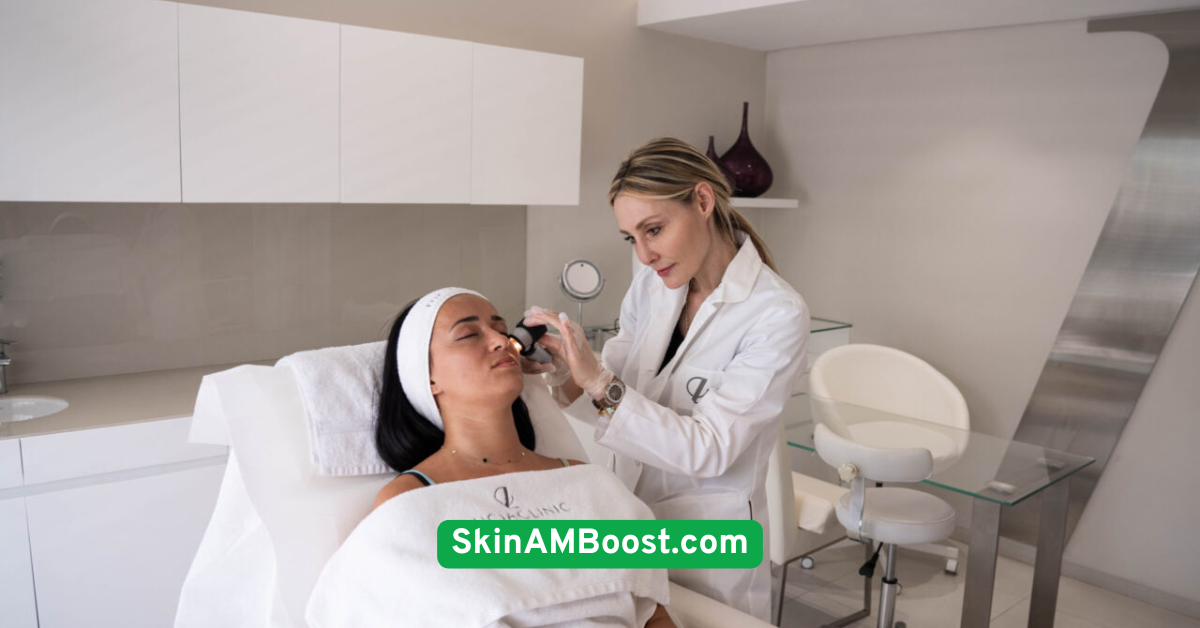
Conclusion
You don’t need a complicated, high-maintenance routine or a shelf full of expensive products to achieve beautiful, healthy skin. By following these 10 natural skincare tips for beginners, you’re setting yourself up for long-term results — not quick fixes.
From aloe vera’s calming magic to the power of hydration and minimalism, each step is designed to help your skin find its rhythm — naturally. The journey won’t be perfect, but it will be worth it. Be patient, stay consistent, and always choose what feels good for your skin.





